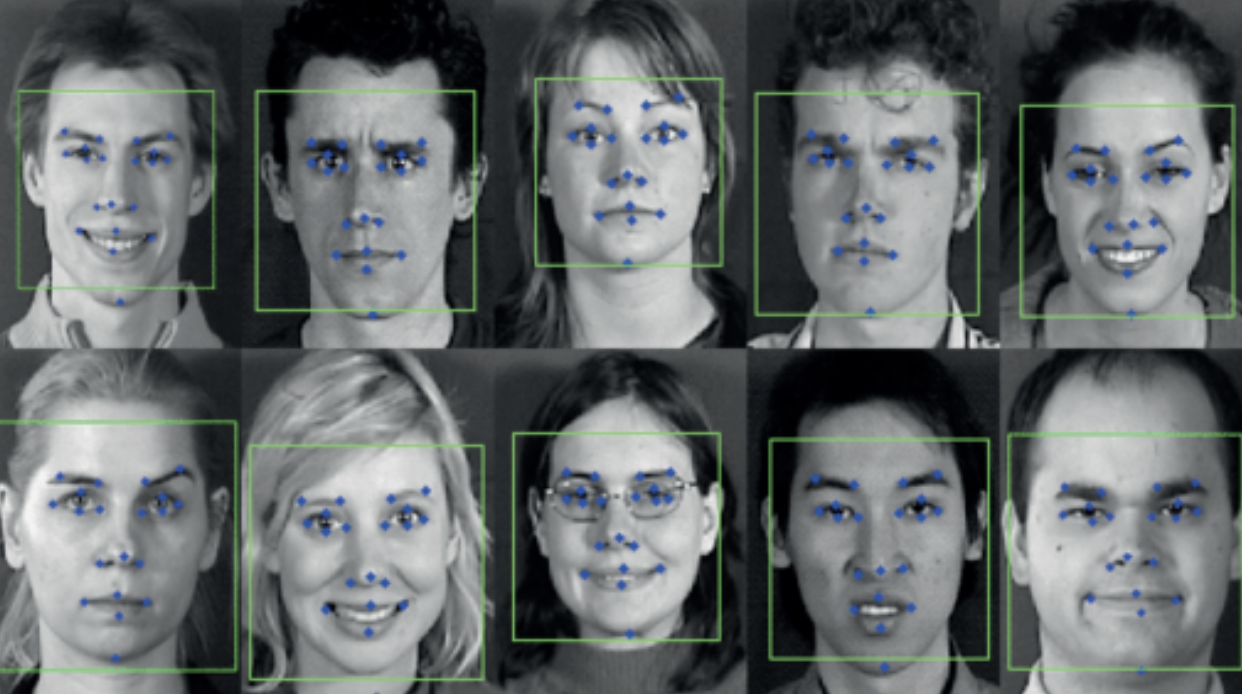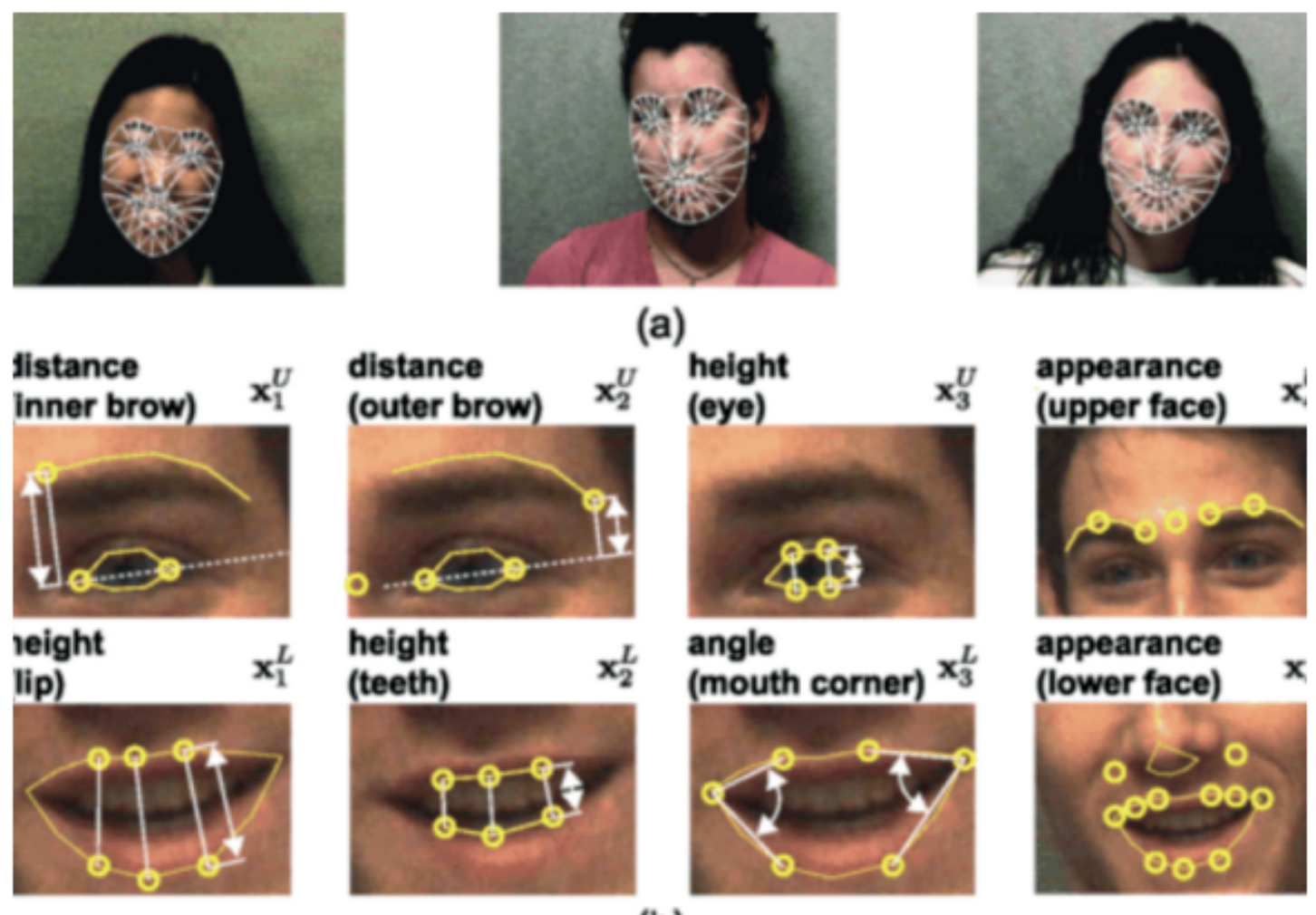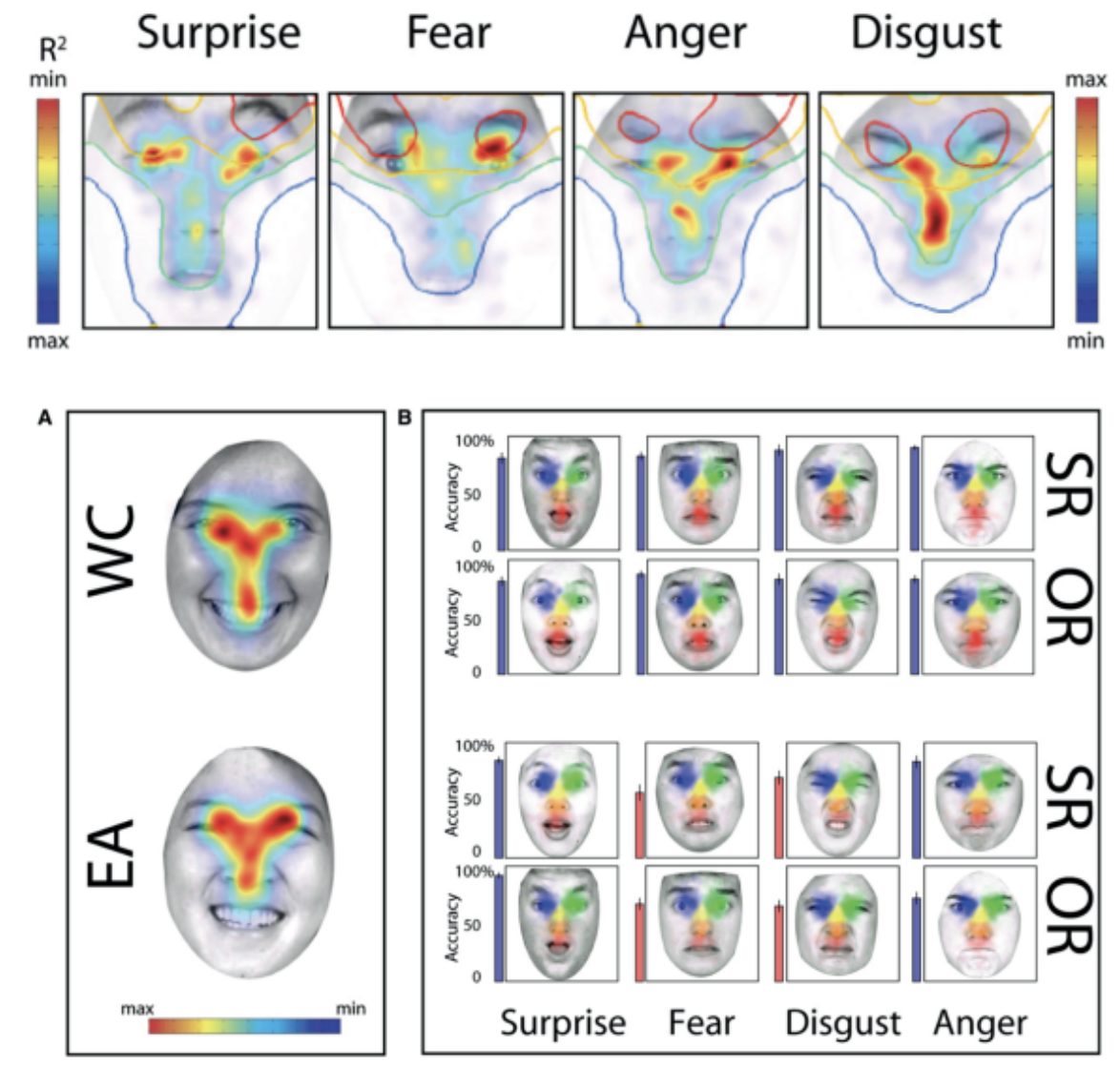what weather are you feeling?

HOW DO YOU FEEL THE WEATHER?
Climate, Emotions, and the Weight of Uncertainty
The climate is not just an atmospheric variable but an element that shapes our mood, perceptions, and, in some cases, our psychological well-being. How Do You Feel the Weather? explores the connection between weather conditions and the human emotional system, highlighting how climate change and eco-anxiety are redefining the way we perceive our environment.
Eco-anxiety (eco-anxiety) n.
The deep sense of discomfort and fear experienced when thinking repeatedly about possible disasters related to global warming and its environmental effects. (Treccani, 2022)
Eco-anxiety and other climate-related emotions are not isolated phenomena but natural responses to a real threat. The Lancet Countdown 2022 and 2024 reports, published by the prestigious British medical journal The Lancet, highlight that eco-anxiety is not a pathological disorder but a legitimate psychological reaction to the tangible effects of climate change. Climate alterations directly impact mental health, generating anxiety, stress, and disturbances related to the uncertainty of the environmental future.
In Italy, the Italian Association for Climate Change Anxiety (AIACC) is actively involved in research and psychological support for those suffering from eco-anxiety. AIACC aims to raise public awareness about the emotional effects of the climate crisis, providing anxiety management tools and promoting individual and collective resilience. The association collaborates with psychologists, climatologists, and sustainability experts to provide scientifically-based resources to those struggling with the environmental uncertainty.
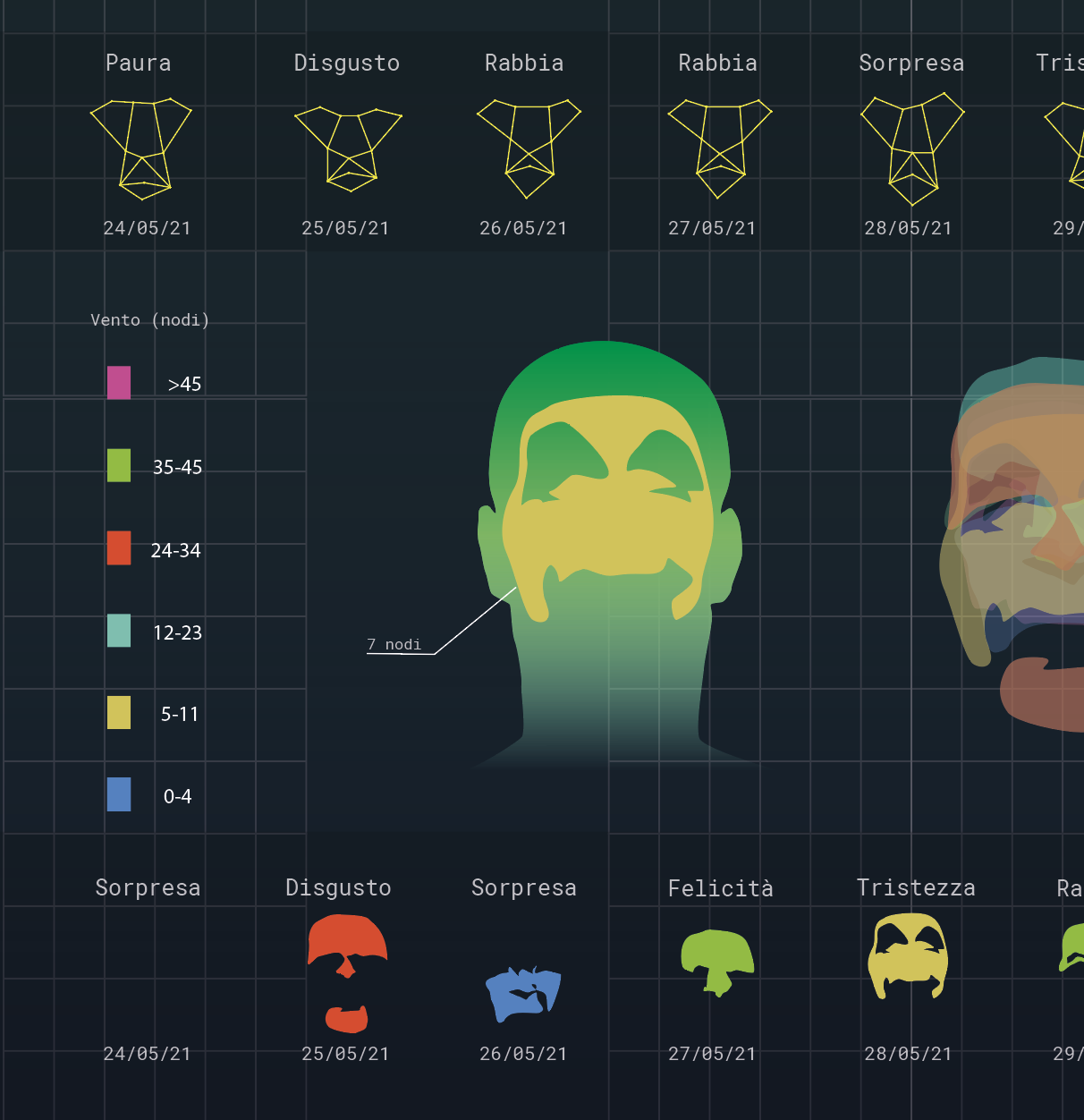
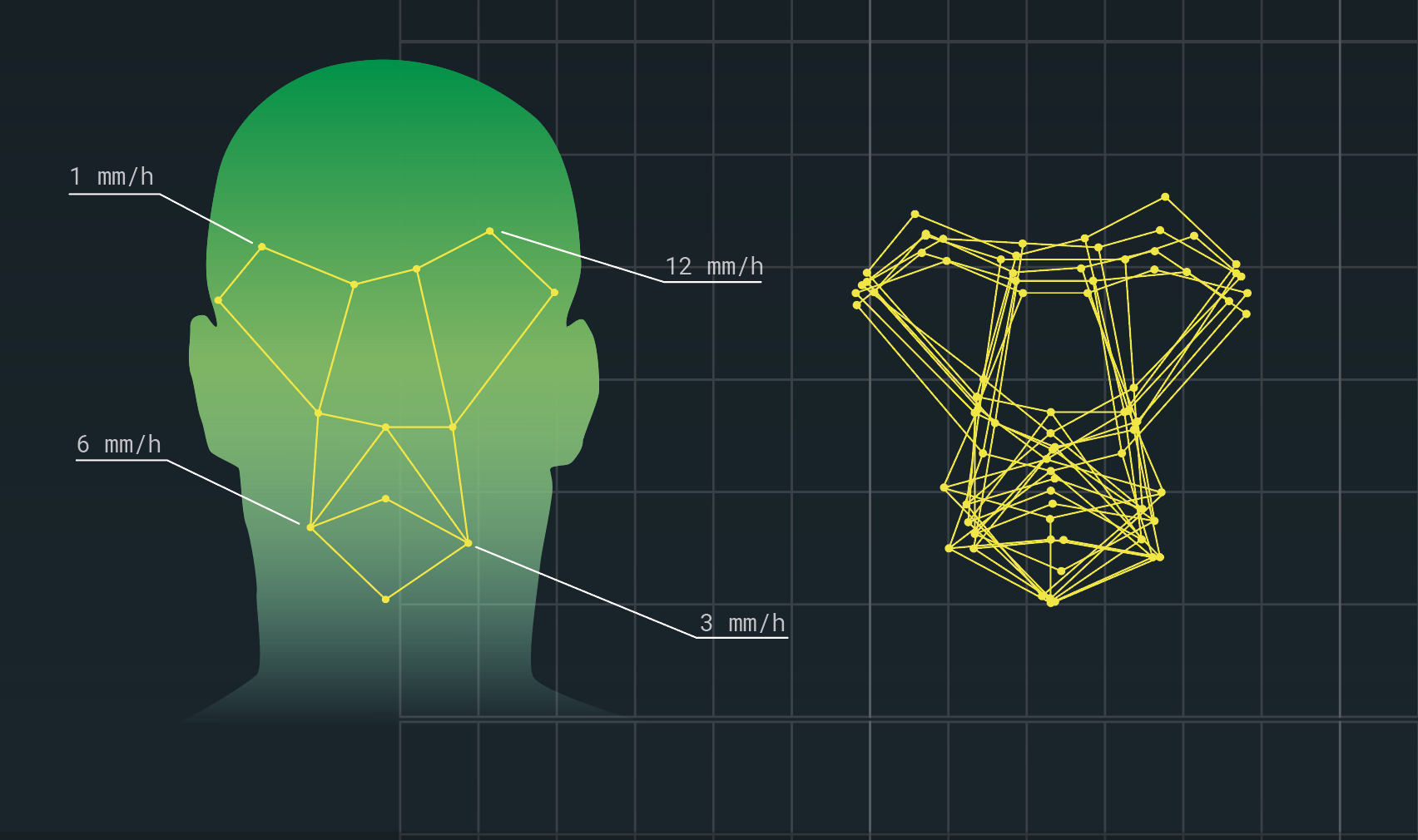
Measuring Eco-anxiety: Evaluation Tools
To better understand the psychological impact of climate change, standardized measurement tools have been developed:
- Climate Change Anxiety Scale (CCAS): a scale that measures the intensity of eco-anxiety, assessing symptoms such as constant worry, difficulty concentrating, sleep disturbances, and a sense of helplessness.
- Climate Change Worry Scale (CCWS): a tool that quantifies the level of concern related to climate change, distinguishing between adaptive anxiety (which leads to action) and dysfunctional anxiety (which generates emotional paralysis or eco-paralysis).
These tools are increasingly used in psychological and academic fields to understand the connection between climate and mental well-being and to develop targeted support strategies.
Different Forms of Climate Anxiety
Climate change generates a wide spectrum of emotions, extending beyond eco-anxiety:
- Solastalgia: a state of anguish afflicting those who have experienced an environmental tragedy caused by human interference with nature. It is the emotional distress that emerges when we realize that the familiar environment we hold dear has changed negatively.
- Eco-paralysis: a sense of helplessness, loss of hope, and motivation in the face of the enormity of the climate crisis, which can lead to inaction due to the feeling that individual efforts are futile.
- Terrafuries: anger generated in response to global climate disasters, often directed at political and social institutions perceived as responsible for inaction.
- Global dread: the loss of hope for the future and the environment, with a constant sense of anxiety regarding the survival of the planet.
Positive Eco-emotions: A Constructive Response to the Climate Crisis
Alongside negative emotions, there are positive emotional states that strengthen the sense of connection to nature and stimulate proactive action:
- Sumbiophilia (sumbios = living together + philia = love): the pleasure of living in harmony with other living beings, fostering cooperation between humans and other species, animals, and plants.
- Endemophilia (endem = dwelling + philia = love): the feeling of love for a particular environment perceived as home, strengthening the sense of belonging to a place.
- Eutierra: a profound sense of unity with the Earth and the entire ecosystem, leading to an experience of harmony with nature.
Without peace, development gains do not hold. Without peace, delivering humanitarian aid risks further suffering. Without peace, people have more difficulty exercising agency, seizing opportunity, and realizing their full potential. Peace enables trust and provides the foundation for collaboration to solve complex problems. It allows people to look past differences, have difficult conversations, take shared risks, find common ground, and invest in pathways towards a shared future.
Affective Computing and Emotion Analysis
The project How Do You Feel the Weather? is inspired by the research of Paul Ekman, author of Emotions Revealed, and integrates affective computing and face processing technologies to study the relationship between weather and emotions.
Affective computing, developed by the MIT Media Lab, uses artificial intelligence algorithms to recognize, interpret, and respond to human emotions. By analyzing facial expressions, voice, and physiological parameters, these technologies enable us to understand how people emotionally react to certain stimuli, including climate.
In the context of How Do You Feel the Weather?, face processing methodologies are applied to detect micro-expressions and unconscious signals indicating anxiety, stress, relief, or well-being in relation to weather conditions. This analysis allows us to observe in real time the connection between weather and people’s emotional states, providing a deeper understanding of eco-emotions.
An Interactive Experience to Explore the Link Between Climate and Emotions
How Do You Feel the Weather? is not just a data analysis project but an interactive experience that invites reflection on how weather and climate change affect our psyche. Through simulations and emotional monitoring tools, it explores how the perception of weather can vary from individual to individual, revealing deep connections between mind and environment.
This research paves the way for new applications, from creating digital environments and immersive experiences that account for users’ emotions to developing psychological support tools to mitigate the effects of eco-anxiety and promote greater awareness of our emotional relationship with the planet.
Without peace, development gains do not hold. Without peace, delivering humanitarian aid risks further suffering. Without peace, people have more difficulty exercising agency, seizing opportunity, and realizing their full potential. Peace enables trust and provides the foundation for collaboration to solve complex problems. It allows people to look past differences, have difficult conversations, take shared risks, find common ground, and invest in pathways towards a shared future.
